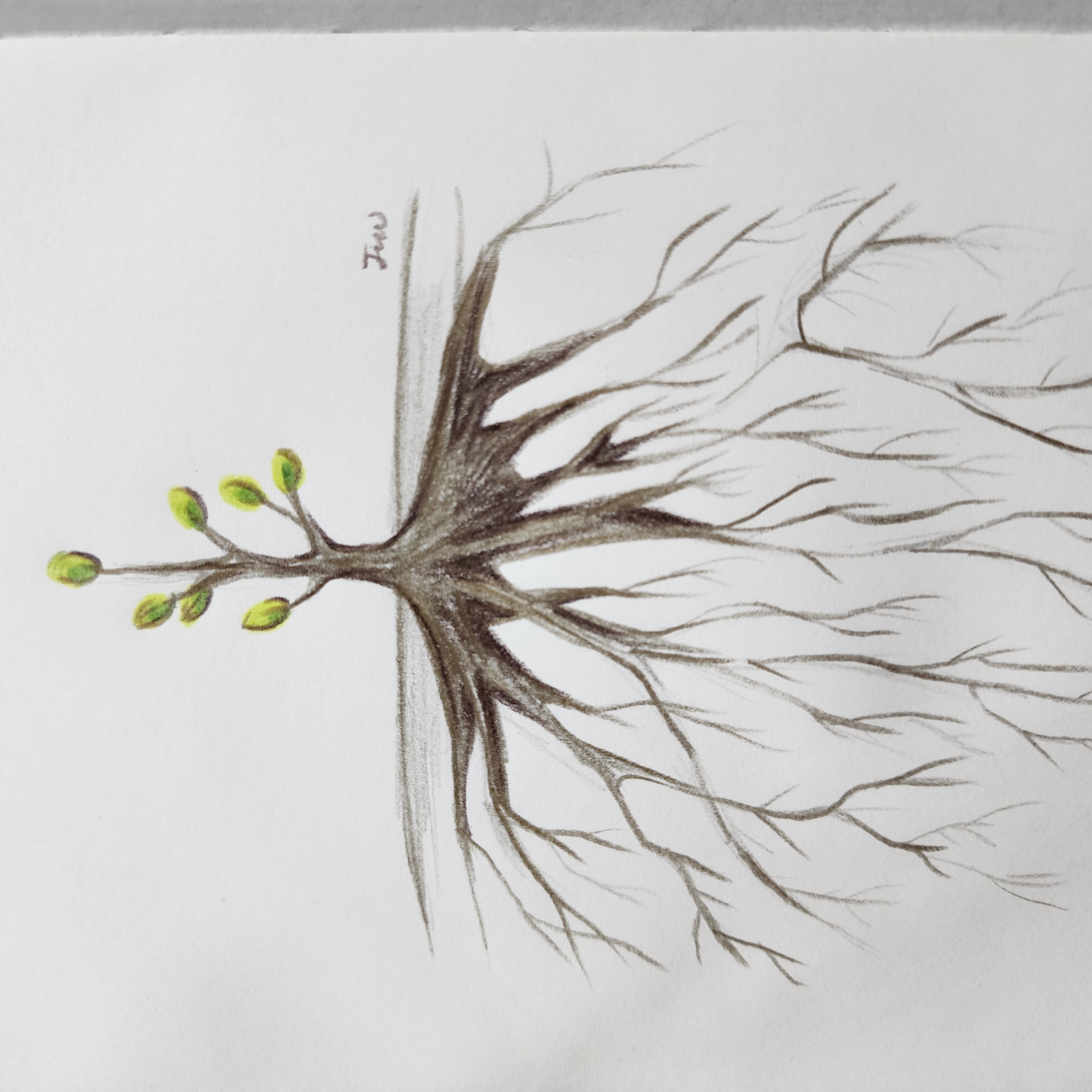| 일 | 월 | 화 | 수 | 목 | 금 | 토 |
|---|---|---|---|---|---|---|
| 1 | ||||||
| 2 | 3 | 4 | 5 | 6 | 7 | 8 |
| 9 | 10 | 11 | 12 | 13 | 14 | 15 |
| 16 | 17 | 18 | 19 | 20 | 21 | 22 |
| 23 | 24 | 25 | 26 | 27 | 28 |
- 스터디
- 객체지향의사실과오해
- serverless
- 클린코드
- PRISMA
- OOP
- nodemailer
- 개발자
- AWS
- 독후감
- 세이노의가르침
- Study
- 자청
- 오브젝트
- Object
- 일상속귀한배움
- 퓨처셀프
- Validation
- futureself
- UNiQUE
- BOOK
- typescript
- 조영호
- 역행자
- Nestjs
- validator
- nodejs
- googleapis
- 북스터디
- 부자아빠가난한아빠2
- Today
- Total
우당탕탕 우리네 개발생활
[Prisma] update와 updateMany의 where option은 다르다 본문
최근 prisma 라이브러리에 대한 typing이 얼마나 섬세하게 작성되어 있는지 새삼 느낄 수 있었다.
const updateUser = await prisma.user.update({
where: {
email: 'viola@prisma.io',
},
/**
Type '{ email: string; }' is not assignable to type 'UserWhereUniqueInput'.
Object literal may only specify known properties, and 'email' does not exist in type 'UserWhereUniqueInput'.ts(2322)
index.d.ts: The expected type comes from property 'where' which is declared here on type '{ select?: UserSelect | null | undefined; include?: UserInclude | null | undefined; data: (Without<UserUpdateInput, UserUncheckedUpdateInput> & UserUncheckedUpdateInput) | (Without<...> & UserUpdateInput); where: UserWhereUniqueInput; }'
*/
data: {
name: 'Viola the Magnificent',
},
})위 예시와 같이 'update' 함수를 사용할 일이 있었는데, where 조건에 원하는 필드를 넣으려고 했더니 typing 에러를 발생시키는 것이었다.
why??
// index.d.ts
export type UserWhereUniqueInput = {
id?: number
// email이 없다
}
export type UserWhereInput = {
AND?: Enumerable<UserWhereInput>
OR?: Enumerable<UserWhereInput>
NOT?: Enumerable<UserWhereInput>
id?: IntFilter | number
email?: StringFilter | string // email이 여기에만 있다
...
}
...에러를 확인해 보니, 위와 같이 update 함수의 where option에 적용되어있는 type은 SchemaWhereUniqueInput(위 예시에서는 UserWhereUniqueInput)이었고, 스키마를 정의할 때 아래와 같이 unique constraint가 걸려있는 필드만 사용이 가능했다. 반면에 updateMany 함수의 경우 다른 type인 SchemaWhereInput이 적용되어 있었고, 굳이 unique인덱싱이 되어있지 않은 필드들도 대입이 가능했다.(목적이 다건을 업데이트하는 함수이기 때문에 unique 한 필드만 사용할 필요가 굳이 없는 것이다.) 함수 네이밍에 알맞게 type정의를 나눠놓은 게 인상적이었다.
model User {
...
email String @unique // 방법 1
@@unique(["email"], name: "User_email_unique_constraint") // 방법 2
}보통 하나의 필드를 unique로 만드는 간단한 방법으로 '방법 1'을 이용하는데, 다중의 필드를 묶어서 unique constraint를 걸고 싶다면 '방법 2'를 사용하면 좋을 것 같다.
이 type checking덕분에 unique하게 사용해야 했던 필드에 unique constraint를 안 걸었다는 사실을 발견할 수 있었고, 이를 올바르게 수정할 수 있었다. 스키마를 정의할 때 더 정교하게 작성해야겠다는 다짐을 할 수 있었다. 또한 class, method 그리고 property 하나를 작성하더라도 구상한 의도에 맞는 정교한 typing을 작성할 수 있는 것이 프로다운 모습이라고 다시금 생각할 수 있었다.
참조
- https://www.prisma.io/docs/orm/prisma-client/queries/crud#update
CRUD (Reference)
How to perform CRUD with Prisma Client.
www.prisma.io
'tech' 카테고리의 다른 글
| [Nestjs] 결국 @nest-modules/mailer 대신 nodemailer를 사용했습니다 (0) | 2024.03.30 |
|---|---|
| [JS] 객체 내 property를 동적으로 만들 수 있다? (0) | 2024.03.28 |
| [Nestjs] 간단한 이슈를 해결하려다 @Cron과 node-cron 오픈소스를 뜯어보게 되었습니다? (1) | 2024.02.26 |
| [Slack] Console에서 Incoming Webhook 생성해보기 (1) | 2024.02.24 |
| [Nestjs] ! 과 ? 그리고 class-validator에 대한 고찰 (0) | 2024.02.23 |



